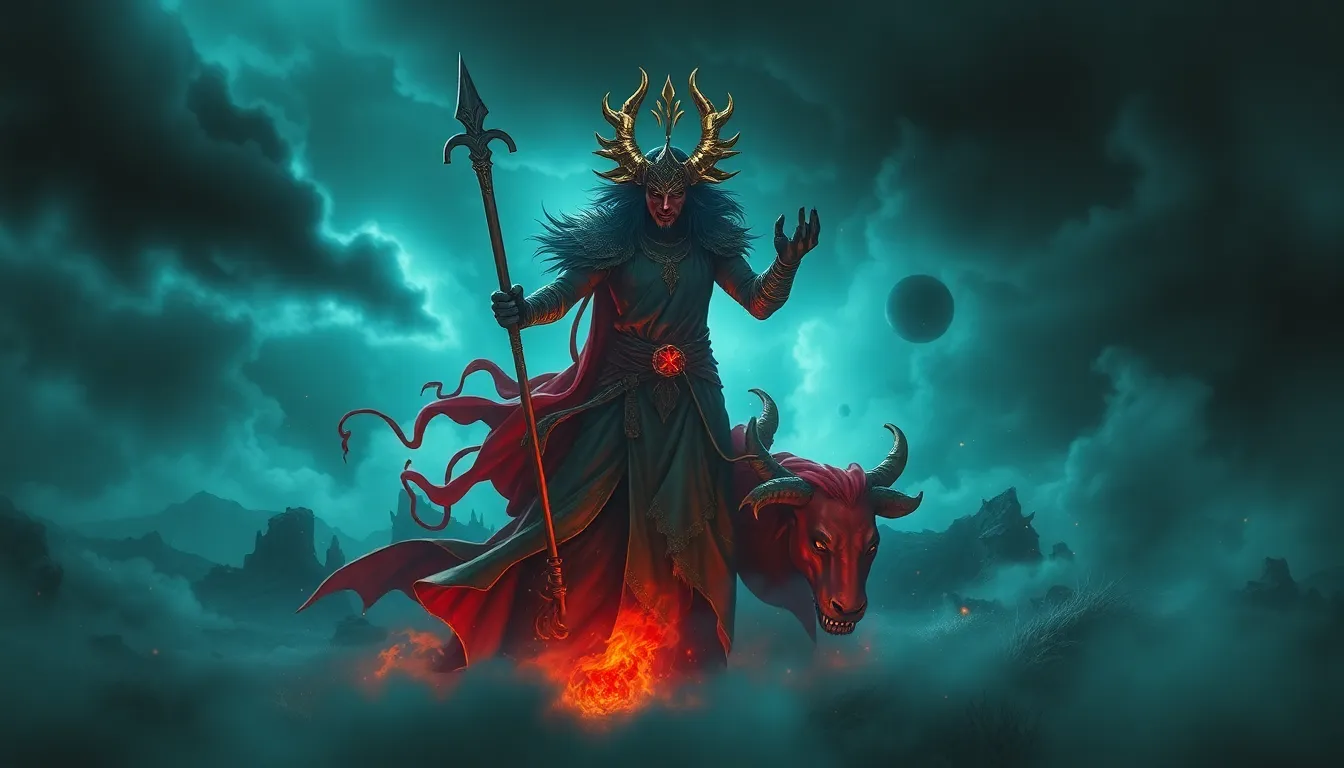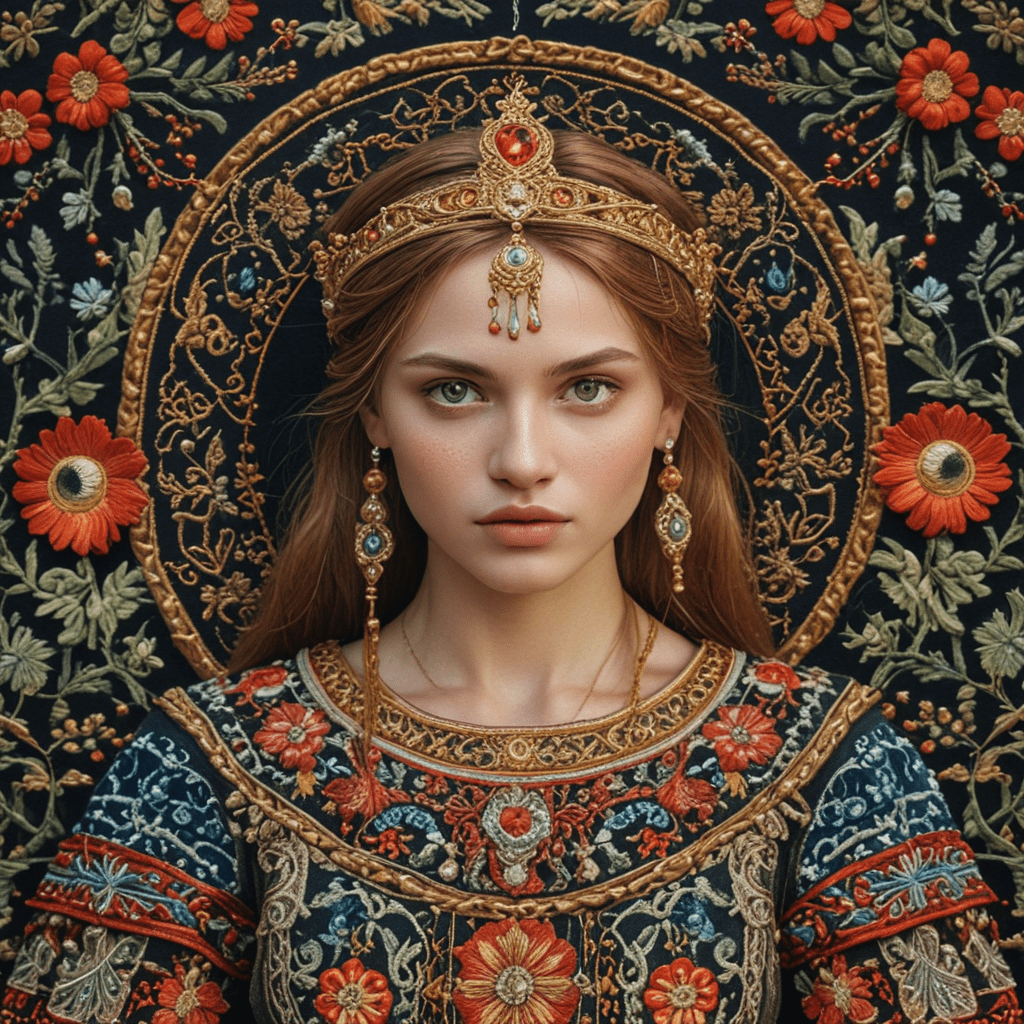The Enduring Relevance of Cultural Hero Myths
Introduction: Understanding Cultural Hero Myths
Cultural hero myths are narratives that embody the values, challenges, and aspirations of a society, often featuring larger-than-life figures who undertake extraordinary journeys. These myths serve crucial roles in various cultures throughout history, acting as vessels for moral lessons, cultural identity, and communal values. This article aims to explore the significance of hero myths, tracing their evolution, common themes, psychological implications, and contemporary relevance in our ever-changing world.
Historical Evolution of Hero Myths
The origins of hero myths can be traced back to ancient civilizations where they were used to explain natural phenomena, establish social norms, and convey moral lessons. Key examples include:
- Hercules: The Greek hero known for his strength and twelve labors.
- Gilgamesh: The Sumerian king whose epic explores friendship, mortality, and the search for meaning.
- King Arthur: The legendary British leader symbolizing chivalry and noble ideals.
Over time, these myths have transformed, adapting to the cultural contexts in which they are told. The stories of heroes have been retold through various mediums, evolving to reflect contemporary values and issues.
Common Themes in Hero Myths
Hero myths often share common themes that resonate across cultures. These include:
- The journey of the hero: This typically involves three stages—departure, trials, and return—where the hero faces challenges and returns transformed.
- Archetypes of heroes: Various archetypes emerge, such as the warrior, the sage, and the trickster, each representing different aspects of human experience.
- Moral lessons and cultural values: Hero narratives often encapsulate the moral fabric of a society, teaching lessons about bravery, sacrifice, and integrity.
The Psychological Significance of Hero Myths
The psychological implications of hero myths are profound. Carl Jung’s theory of archetypes suggests that these stories tap into the collective unconscious, providing a framework for personal identity and self-realization. Hero myths allow individuals to grapple with their fears and aspirations, often offering a roadmap for personal growth. They serve as mirrors reflecting our struggles and triumphs, making the abstract concepts of courage and resilience tangible.
Cultural Hero Myths in Contemporary Society
In contemporary society, traditional hero myths find new life through modern interpretations. The rise of movies, literature, and media has shaped a new generation of heroes. For instance:
- Superheroes in comic books and films: Characters like Spider-Man, Wonder Woman, and Black Panther embody contemporary values while addressing issues such as justice, equality, and identity.
These modern heroes resonate with audiences, reflecting current societal challenges and aspirations.
Hero Myths as Tools for Social Commentary
Hero myths often act as platforms for social commentary, reflecting and critiquing societal norms. They have been instrumental in movements for social justice and change, serving as symbols of hope and resistance. Examples include:
- Nelson Mandela: A modern hero representing resilience against oppression.
- Malala Yousafzai: An advocate for girls’ education, embodying courage in the face of adversity.
These figures challenge traditional narratives of heroism by championing inclusivity and justice, redefining what it means to be a hero in the modern context.
Global Perspectives on Hero Myths
The study of hero myths reveals a rich tapestry of narratives across cultures, each with unique elements. Globalization has facilitated the dissemination and adaptation of these myths, leading to new interpretations. Local heroes often emerge in response to global narratives, reflecting the specific challenges and values of their communities.
The Role of Technology in Reviving Hero Myths
Technology has played a significant role in reviving and reshaping hero myths. Digital storytelling and social media have become platforms for myth-making, allowing communities to celebrate and reinterpret heroes. Online fan cultures have emerged, fostering discussions and creative expressions around traditional and modern heroes. Moreover, the rise of virtual heroes in gaming and online narratives reflects contemporary aspirations and challenges, providing new avenues for heroism.
Critiques and Challenges to Traditional Hero Myths
While hero myths have enduring relevance, there is a growing movement to critique traditional narratives. Perspectives on gender, race, and class challenge the notion of a singular hero narrative. There is an increasing demand for inclusive hero myths that reflect diverse experiences and voices. Emerging narratives are reshaping our understanding of heroism, emphasizing collaboration, community, and the importance of marginalized voices.
Conclusion: The Future of Cultural Hero Myths
The enduring relevance of cultural hero myths lies in their ability to evolve and adapt to the changing landscape of human experience. As we move into the future, these myths will continue to reflect our societal values, struggles, and aspirations. By embracing diverse narratives and inclusive representations, we can create a richer tapestry of heroism that resonates with all members of society. The stories we tell about heroes today will shape the identities and values of future generations, ensuring that the legacy of hero myths remains a vital part of our cultural fabric.



